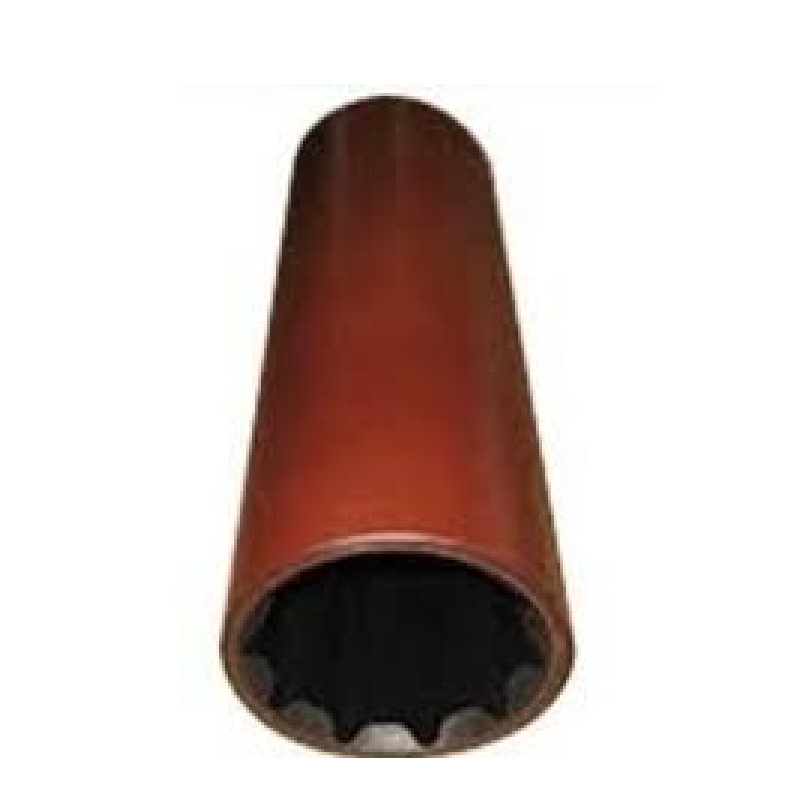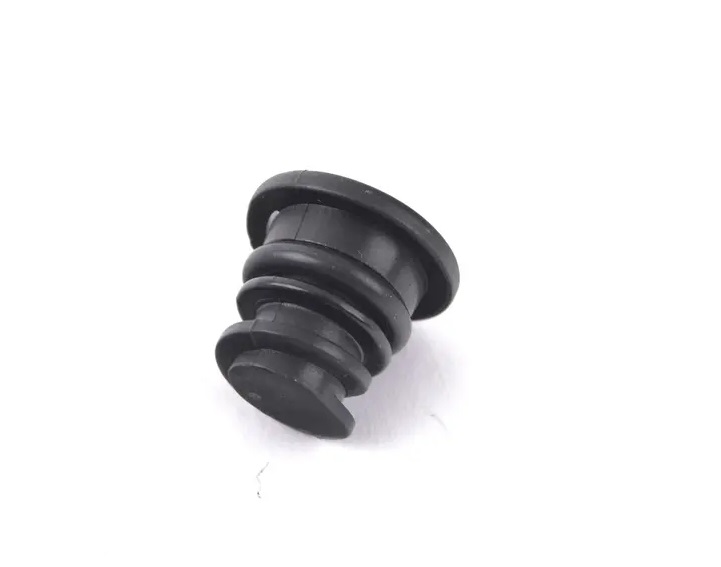OEM Oil Drain Plug Gaskets Washer 11026 01M02 for Nissan Qashqai Teana Livina


Despite such scenarios, the general recommendation remains cautious. Many authoritative voices in the automotive industry still advise against reuse. The reason is simple at their inexpensive price point, changing out a crush washer each time eliminates potential leakage issues down the road. Here, the principle of preventative maintenance triumphs. Trusted brands and automotive forums regularly underline how skipping replacement for these minor components can lead to more significant issues, such as oil leaks, which are costly and time-consuming to fix. In the conservation vs. cost-saving debate, trustworthiness in advice plays a central role. Online forums, which are often frequented by both novices and seasoned mechanics, provide firsthand insights but also highlight the caution needed when evaluating practices based on anecdotal experiences. Blogs from reputable automotive websites and DIY channels on platforms like YouTube often stress visually informing their audience on how an overly deformed washer appears compared to one that might still function. This visual comparison helps in understanding when a washer has depreciated beyond safe use. Ultimately, expertise rooted in both the scientific principles of material deformation and industry best practices informs the final takeaway while reusing a crush washer might sometimes work without immediate visible consequences, erring on the side of caution by replacing them is more reliable for most vehicle owners. The balance between following expert advice and practical application underscores a broader theme in automotive care — the importance of maintenance practices that prioritize long-term vehicle health over short-term savings. In conclusion, while reusing a crush washer might technically be possible under specific circumstances guided by expert scrutiny, it is largely not recommended. A reliable vehicle maintenance routine favors replacing inexpensive components like crush washers at every service opportunity. This approach ensures that vehicle reliability, safety, and performance are not inadvertently compromised.
-
Understanding the Front Main Engine Seal: Purpose, Maintenance, and Installation
News Jul.29,2025
-
Understanding O-Rings and Seal Rings: Types, Applications, and Custom Solutions
News Jul.29,2025
-
Understanding Crankshaft Oil Seals: Rear Seals, Pulley Seals, and Their Role in Engine Integrity
News Jul.29,2025
-
The Importance of Front and Rear Crankshaft Seals in Engine Performance and Oil Management
News Jul.29,2025
-
Crank Oil Seals: Functions, Types, and Cost Considerations in Engine Maintenance
News Jul.29,2025
-
A Comprehensive Guide to O-Rings and Seals: Types, Materials, and Global Applications
News Jul.29,2025
-
Mastering Diesel and Performance Engine Maintenance: A Guide to Critical Oil Gaskets
News Jul.28,2025
Products categories















